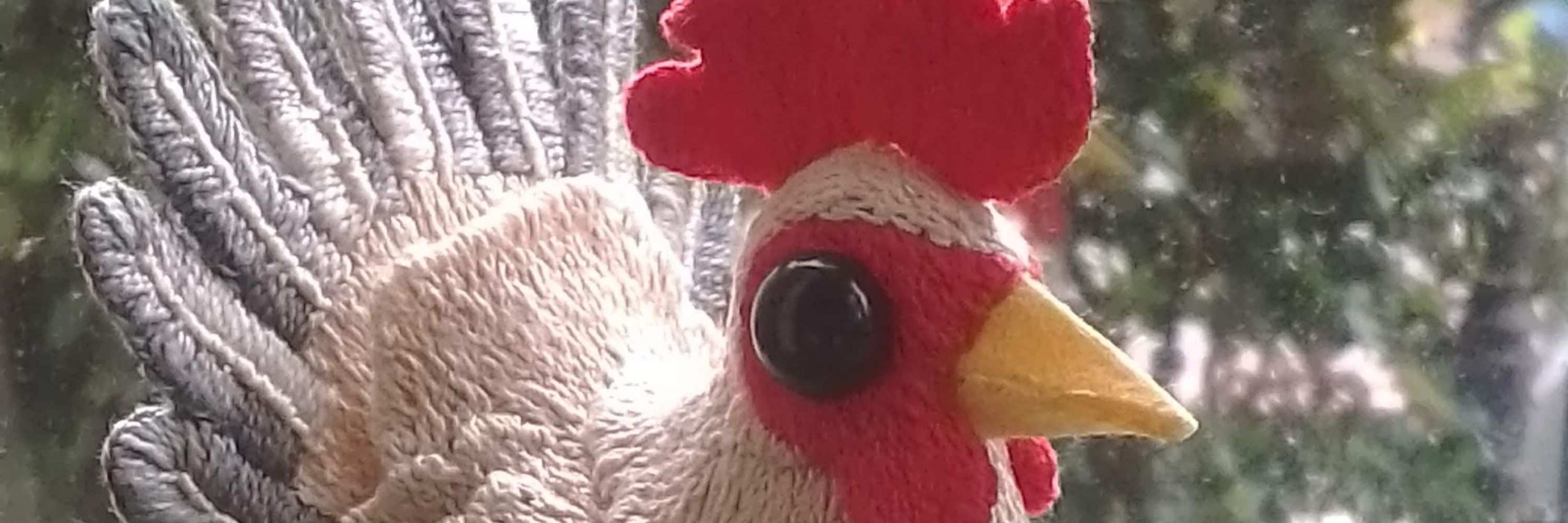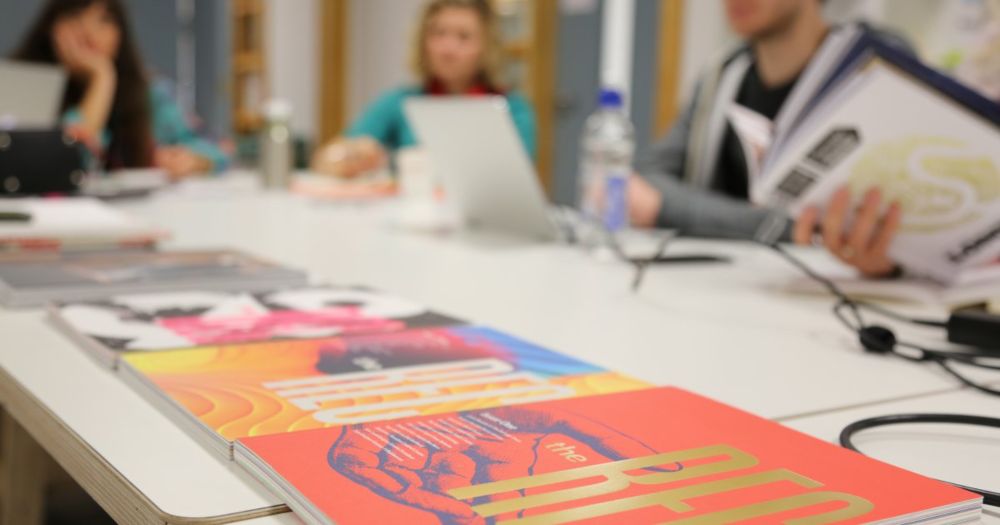
My database of scholarship about romances: https://rsdb.vivanco.me.uk
Can't access chat
Feel free to RT/boost
Feel free to RT/boost


Note: as far as I can tell, this article only looks at novels with heterosexual, cis protagonists.

Note: as far as I can tell, this article only looks at novels with heterosexual, cis protagonists.
In short, it's the feminist, leftist, Depression-era romance magazine you never knew you wanted. #pulp #romance #romancelandia

In short, it's the feminist, leftist, Depression-era romance magazine you never knew you wanted. #pulp #romance #romancelandia



The author of the winning submission will receive £1,000, and publication, subject to peer review, in The London Journal.




For one day only, see this story on paper at the National Library:
➡️ Mary Shelley's letter to Sir Walter Scott
➡️ Rare early editions & items from our archives
➡️ and more!


So, still no DMs for me!
So, still no DMs for me!

Aaron McIntosh's "The Couch" 2010 "is a colonial-revival couch upholstered with quilted digital textile prints of romance novels and gay erotica."


Aaron McIntosh's "The Couch" 2010 "is a colonial-revival couch upholstered with quilted digital textile prints of romance novels and gay erotica."

#RomanceResearch @jprstudies.bsky.social @iaspr.bsky.social


Most of the entries are to open-access publications, so they're free to view.
Most of the entries are to open-access publications, so they're free to view.

October brings a big shift with most of the UK losing over 2 hours of daylight this month!
Do you enjoy the cosy evenings or miss the longer days?

Now officially listed as near threatened, our hedgehog numbers have crashed by at least 30% in just ten years 💔
But there’s a simple way to help: hedgehog highways. This just means a small hole in a fence or wall to let them roam more safely.


